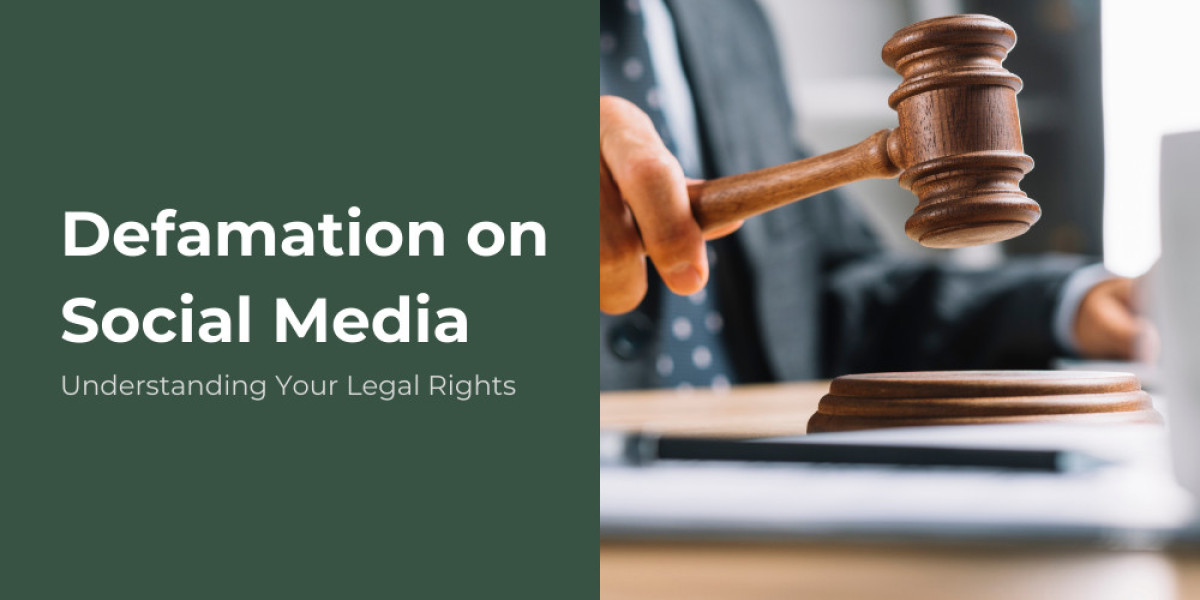In today’s digital age, social media has become a powerful platform for individuals and businesses to connect, share, and communicate. However, it also serves as a breeding ground for defamation, where false or damaging statements can quickly spread across platforms, harming reputations and businesses. Understanding your legal rights concerning defamation on social media is crucial in safeguarding your personal and professional brand.
The Role of Martech Strategy in Monitoring Defamation
For businesses, a strong Martech strategy is vital to maintaining a positive online presence and preventing the spread of false information. By leveraging the right technology, companies can monitor social media mentions, detect potentially harmful content, and respond swiftly before any damage escalates. Integrating AI-driven tools with your overall Martech strategy can help identify trends and conversations that may lead to defamation, allowing you to address them proactively.
What is Defamation?
Defamation is the act of making false statements about someone that can harm their reputation. It can occur in two forms:
- Libel: Defamation in a written or published format, including online articles, blog posts, or social media comments.
- Slander: Verbal defamation, often shared through video content or live streams on platforms like YouTube or TikTok.
When defamation occurs on social media, it can have immediate and far-reaching consequences due to the viral nature of content. A single tweet or post can quickly spread, potentially causing significant harm to the target’s reputation. This makes it vital for individuals and businesses to be aware of their legal rights and the steps they can take to protect themselves.
Legal Rights When Facing Defamation on Social Media
When faced with defamatory content on social media, it’s essential to understand your legal rights. Here are some key considerations:
- Truth as a Defense: One of the most common defenses against defamation is proving that the statement made was true. If the statement is accurate, it cannot be considered defamatory, regardless of its impact on your reputation.
- Public vs. Private Figures: Legal standards for defamation vary depending on whether the target is a public or private figure. Public figures, such as celebrities or politicians, must prove that the defamation was made with “actual malice,” meaning the false statement was knowingly made or made with reckless disregard for the truth. Private individuals, on the other hand, only need to demonstrate negligence.
- Anonymity on Social Media: Many defamatory statements on social media are made anonymously or through pseudonymous accounts. Although this can make it more challenging to pursue legal action, social media platforms are often required to disclose the identity of users when ordered by a court in defamation cases.
- Jurisdictional Issues: Since social media is a global platform, defamation cases often involve jurisdictional challenges. The legal jurisdiction for defamation may depend on the location of the victim, the perpetrator, or even where the social media platform is based. Consulting with a legal expert who understands the complexities of international law is critical when dealing with cross-border defamation cases.
Steps to Take if You’re a Victim of Social Media Defamation
If you believe you’ve been defamed on social media, there are several steps you can take to protect your rights and reputation:
- Document the Defamation: Take screenshots or save copies of the defamatory statements, including the date and time of the posts. This will serve as crucial evidence if you decide to pursue legal action.
- Report the Content: Most social media platforms have policies against defamatory content and provide tools for reporting it. By flagging the content, you can often have it removed quickly, limiting its reach.
- Consult a Legal Professional: If the defamation has caused significant harm to your reputation or business, consulting with a legal expert specializing in defamation law can help you understand your options. They can assist you in filing a lawsuit if necessary and advise on the best course of action to take.
- Issue a Cease and Desist Letter: In some cases, a cease and desist letter may be enough to resolve the issue. This letter, sent by your attorney, demands that the defamer stop making false statements about you and retract any previous defamatory content.
- Seek Damages: If the defamation has resulted in financial losses or significant emotional distress, you may be entitled to seek damages in court. Compensation can cover lost business opportunities, pain and suffering, and even punitive damages in some cases.
The Impact of Defamation on Businesses
Defamation on social media can have severe consequences for businesses, leading to lost revenue, damaged relationships, and a tarnished reputation. Negative reviews or false accusations can spread rapidly, influencing public perception and potentially driving customers away. For businesses in the tech industry, where online presence is critical, defamation can be especially damaging.
To protect your brand, businesses should consider implementing a robust crisis management plan as part of their broader Martech strategy. This plan should include regular monitoring of social media channels, a response strategy for negative comments, and legal resources to address defamatory content.
Conclusion: Staying Vigilant in the Age of Social Media
As social media continues to play a significant role in our lives, understanding your legal rights regarding defamation is more important than ever. By staying informed and proactive, both individuals and businesses can protect their reputation against harmful and false statements. From implementing a strong Martech strategy to seeking legal recourse, there are steps you can take to safeguard your brand.
In a world where a single post can go viral within seconds, being prepared is the best defense. By incorporating legal awareness into your digital presence and leveraging technology to monitor for potential issues, you can navigate the complex landscape of social media with confidence.
Remember: Defamation may be damaging, but knowing your rights and how to act can mitigate its impact.
This tech article serves as a guide to help you understand the importance of legal rights and strategies to defend yourself and your brand in the era of social media.



